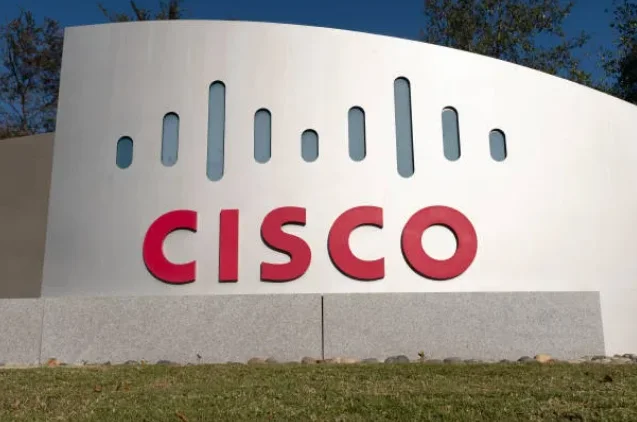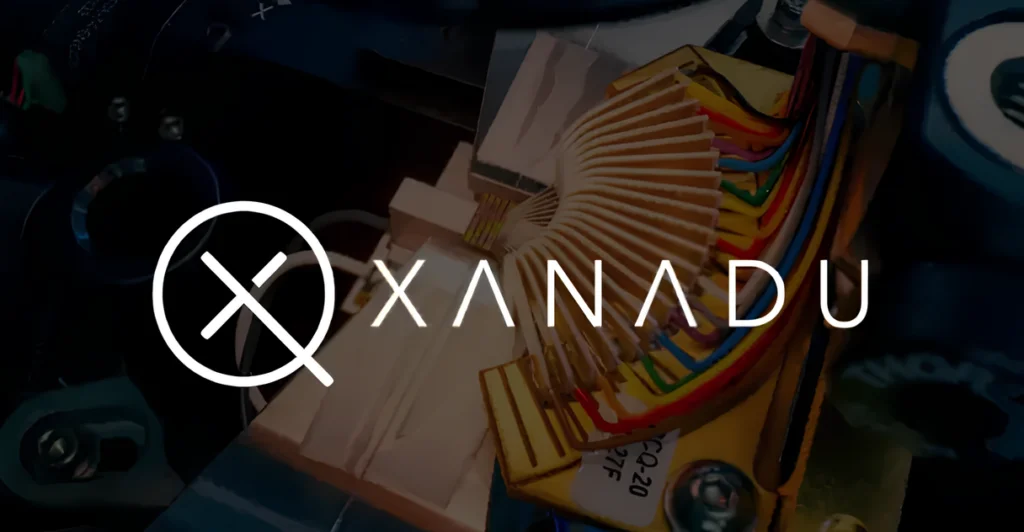Insider Brief
- Rigetti Computing reported third-quarter 2025 revenue of $1.9 million and a GAAP net loss of $201 million, most of which stemmed from non-cash accounting adjustments rather than operating performance.
- The company secured $5.7 million in orders for two Novera™ quantum systems, a $5.8 million Air Force Research Laboratory contract, and announced plans to expand into Italy.
- Rigetti reaffirmed its roadmap toward 1,000-plus-qubit systems by 2027 and deepened partnerships with NVIDIA, India’s C-DAC, and Montana State University to advance hybrid quantum and AI research.
Rigetti Computing Inc. (Nasdaq: RGTI) reported third-quarter 2025 revenue of $1.9 million, marking slow top-line growth as the company continued to deepen collaborations, secure new hardware order and advance plans for larger quantum systems, according to a company statement.
For Q3 2025, which ended Sept. 30, Rigetti posted total revenue of $1.9 million and an operating loss of $20.5 million. The company reported a GAAP net loss of $201 million, or $0.62 per share, compared with a non-GAAP net loss of $10.7 million, or $0.03 per share, reflecting significant non-cash charges tied to stock warrant revaluation. In other words, most of the reported loss was driven by accounting adjustments, not daily operations. GAAP, or Generally Accepted Accounting Principles, refers to the standardized rules and methods that U.S. companies must follow when reporting their financial results.
Rigetti said it ended the quarter with $558.9 million in cash, cash equivalents and available-for-sale investments. Subsequent warrant exercises brought in an additional $46.5 million, raising total cash holdings to about $600 million as of Nov. 6, 2025. The large cash position gives the company significant runway to fund R&D, manufacturing and expansion into new markets despite persistent quarterly losses, the company reported.

System Sales and Commercial Developments
Rigetti officials reported it received purchase orders totaling $5.7 million for two 9-qubit Novera™ quantum systems, both upgradeable for higher qubit counts. One system will be delivered to an Asian technology manufacturer seeking to develop internal expertise and benchmark its own quantum prototypes, while another will go to a California-based applied physics and AI startup focused on quantum hardware and error correction research. Delivery for those units is expected in the first half of 2026.
The company also announced plans to establish a subsidiary in Italy to capitalize on growing European quantum research investment. According to the company, the move is expected to accelerate both business development and talent recruitment in the region, where governments are increasing funding toward national quantum strategies.
In the United States, Rigetti reported securing a $5.8 million three-year contract from the Air Force Research Laboratory (AFRL) to advance superconducting quantum networking in collaboration with Dutch startup QphoX. The project aims to connect quantum computers using microwave-to-optical signal conversion — a key step toward scalable quantum networks.
“This past quarter, we saw strong momentum with both the demand for our on-premises quantum computers and the development of collaborations to advance our own R&D and the quantum ecosystem more broadly,” Dr. Subodh Kulkarni, Rigetti CEO, said in the company statement. “Rigetti’s open and modular architecture continues to allow us to integrate innovative solutions with our technology stack, including our Air Force Research Laboratory (AFRL)-funded project with QphoX and AFRL to advance superconducting quantum computer networking.”
Technology Roadmap and R&D Milestones
Rigetti reaffirmed its target to deploy a 100-plus-qubit system by the end of 2025 with a projected 99.5 percent median two-qubit gate fidelity — considered by some experts as a measure of reliability in quantum operations. The company also updated its long-term roadmap, aiming to build a 150-plus-qubit system by late 2026 with 99.7 percent fidelity, and a 1,000-plus-qubit system by late 2027 reaching 99.8 percent fidelity.
The company’s CEO said Rigetti’s modular architecture supports integration of third-party technologies across quantum and classical stacks. Rigetti highlighted continued progress in a project co-funded by AFRL and QphoX that focuses on microwave-to-optical transduction, which is a process necessary for linking quantum chips over fiber-optic networks.
Collaborations with Academia and Industry
Company officials announced several partnerships designed to expand access to its technology and broaden the quantum workforce pipeline. In India, the company signed a memorandum of understanding with the Centre for Development of Advanced Computing (C-DAC) to jointly develop hybrid quantum-classical systems and related software. The collaboration will explore co-development of applications, workflow tools, and workforce training programs under India’s national quantum mission.
Rigetti also launched a partnership with Montana State University (MSU) focused on quantum hardware and hybrid systems research. Through the agreement, Rigetti plans to provide technical input and support for QCORE — the university’s quantum computing center — which now hosts an on-premises 9-qubit Novera™ processor. MSU becomes the first academic institution to operate its own Rigetti quantum computer.
Rigetti also announced that it will support NVIDIA’s new NVQLink platform, designed to enable low-latency, high-throughput connections between AI supercomputers and quantum processors. The integration effort is expected to strengthen hybrid quantum-AI computation, an area of growing commercial and research interest.
“Our new collaborations with the Centre for Development of Advanced Computing (C-DAC) and Montana State University (MSU) showcase the increasing maturity of the quantum computing ecosystem,” Dr. Kulkarni said in a statement. “Rigetti is proud to be deepening our support for quantum computing capabilities in the academic and government sectors. We are equally excited to support NVIDIA NVQLink, NVIDIA’s new open platform for AI supercomputer-quantum integration, which is a promising resource to accelerate hybrid computation development as we work towards quantum advantage. On the technology front, we remain on track to deliver our 100+ qubit chiplet-based quantum system with an anticipated 99.5% median two-qubit gate fidelity by the end of 2025.”














